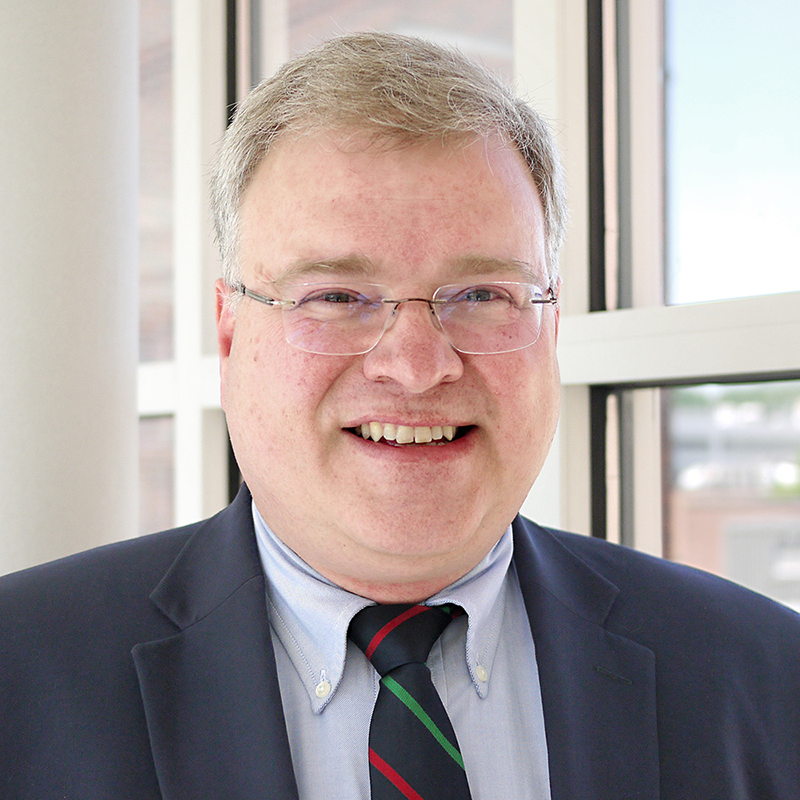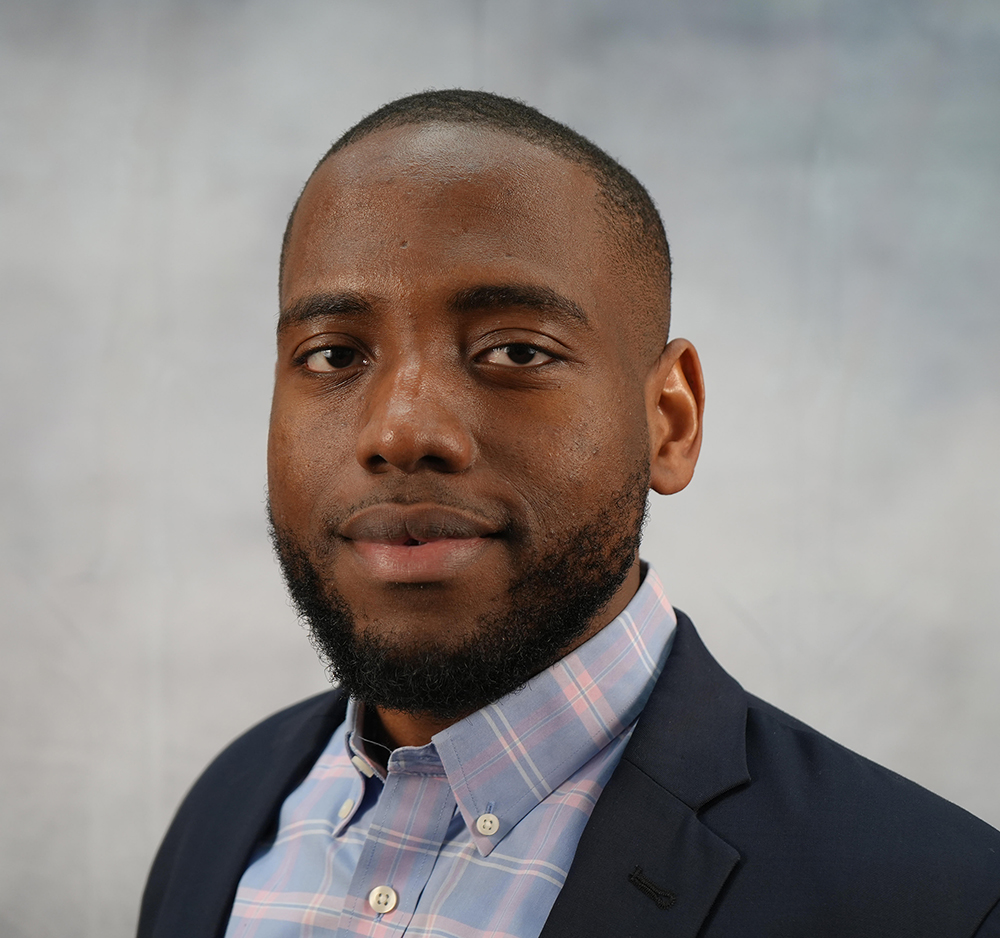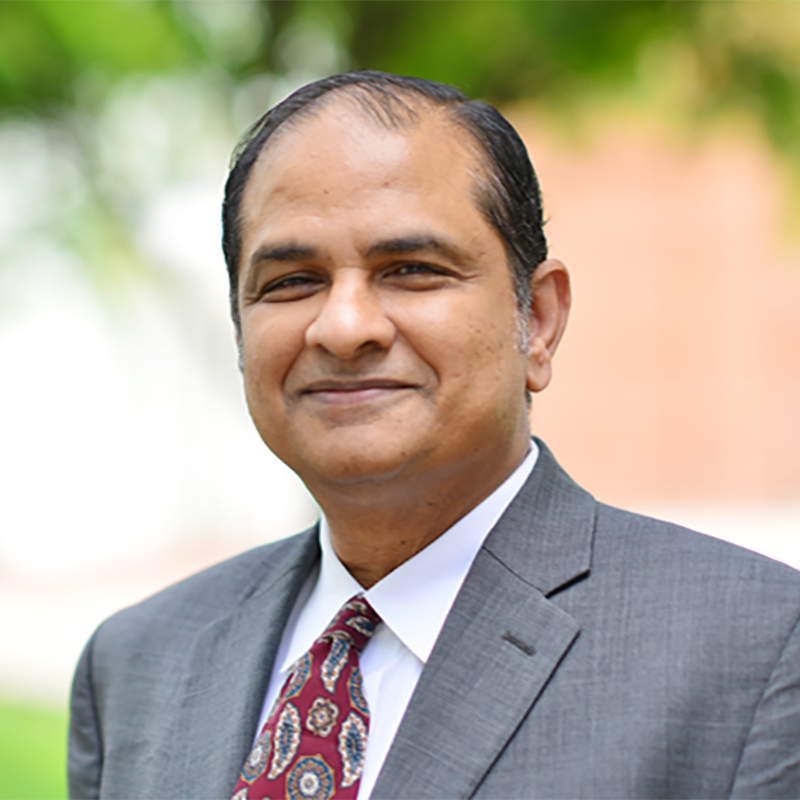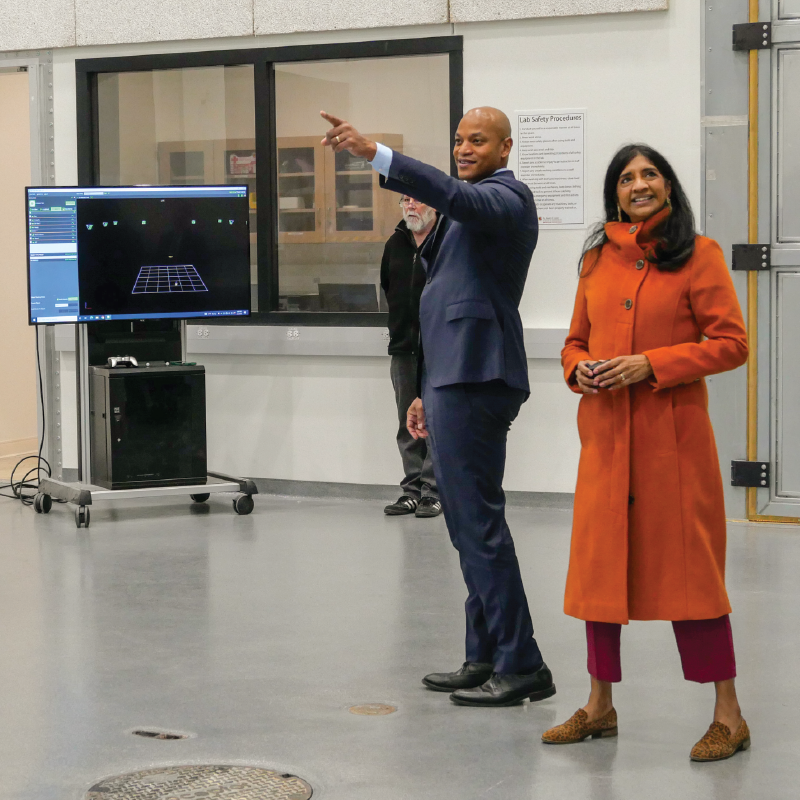News Story
Espy-Wilson Receives NIH Grant To Help Tongue Cancer Patients' Speech

Prof. Carol Espy-Wilson
Oral, head and neck cancer is the 6th most common cancer worldwide. Recent studies have shown a five-fold increase in the incidence of squamous cell carcinomas of the tongue among young men and a six-fold increase among young women. Tongue cancer surgery is a life saving procedure, but it typically leaves patients physically and mentally damaged, with speech communication difficulties that are in play every day. This research is an attempt to improve the speech outcome of tongue cancer surgery by minimizing the impact of the tongue reconstruction and understanding the contributions of patient and surgical factors, so patients can communicate more clearly and confidently. The researchers will focus on discovering the relationships between tongue reconstruction technique and successful post-surgical speech as mediated by characteristics of tongue motion, kinematic properties of the residual muscles, and configurations of the vocal tract.
Prof. Espy-Wilson's role in the research project will be to develop 3-D vocal tract models based on cine-MRI data to perform acoustic analysis of the patients' speech signals in order to understand the effects of the tongue surgery on speech quality. The ultimate goal is to develop a procedure to help surgeons choose the best placement of a flap of tissue that is taken from elsewhere in the body to replace the removed cancerous tissue to maximize patients' speech quality.
For more information about the grant, please visit http://cancercontrol.cancer.gov/grants/abstract.asp?ApplID=7731742.
Published August 2, 2009









